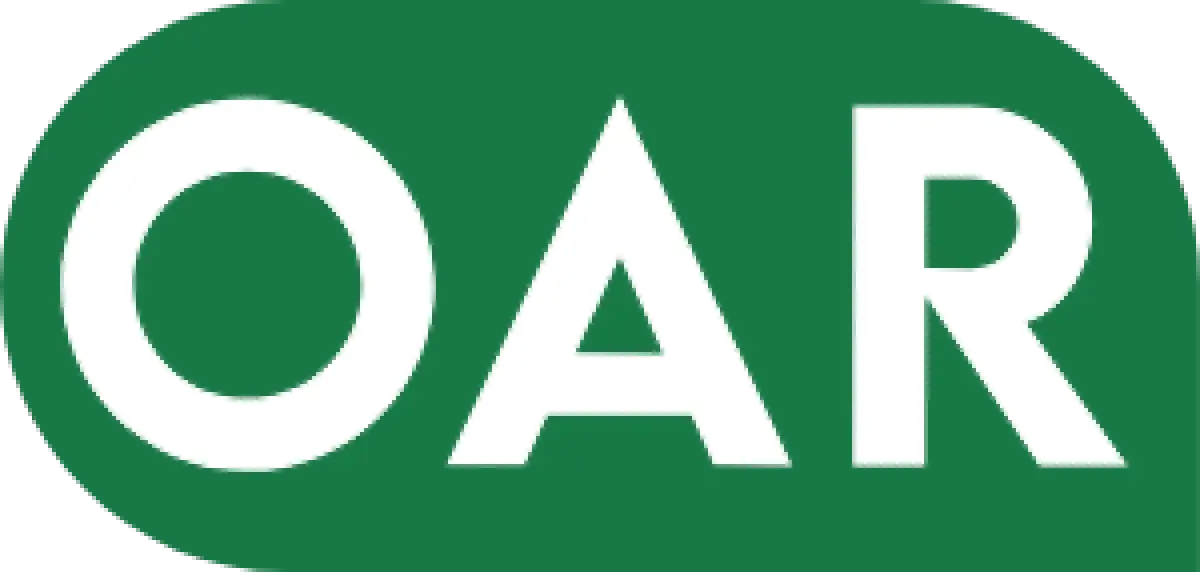What is DSO: Learn How to Improve Payment Speeds
Feb 22, 2024

Essentially, it indicates the efficiency of a company's accounts receivable process, with lower DSO values reflecting faster payment speeds and better cash flow management. Understanding and effectively managing DSO is paramount for businesses seeking to optimise their working capital and overall financial performance.
In this article, we will explain the concept of DSO, explore its significance, and provide actionable strategies to improve payment speeds, thus enhancing financial health and operational efficiency.
Understanding DSO Metrics
Understanding DSO metrics is essential for effective financial management within a business. This metric is crucial for assessing the efficiency of accounts receivable management and cash flow performance. A lower DSO indicates that the company is collecting payments more quickly, which is generally favourable. Conversely, a higher DSO suggests the company is taking longer to collect payments, potentially indicating inefficiencies or cash flow challenges.
By monitoring DSO regularly, businesses can identify trends, pinpoint areas for improvement in their accounts receivable processes, and take proactive measures to accelerate cash collections. Understanding DSO metrics enables companies to make informed decisions regarding credit policies, customer relationships, and overall financial health. Ultimately, by effectively managing DSO, businesses can enhance liquidity, minimise financial risk, and improve profitability.
Importance of Improving Payment Speeds
Improving payment speeds holds significant importance for businesses across various industries. Prompt payments enhance cash flow, providing companies the necessary liquidity to meet their financial obligations, invest in growth opportunities, and maintain operational stability. Timely payments also contribute to better financial planning and budgeting, allowing businesses to forecast revenues and expenses accurately.
Faster payment cycles positively impact relationships with suppliers and vendors, demonstrating reliability and trustworthiness, fostering more robust partnerships and potentially leading to preferential treatment or discounts. Conversely, delayed payments can strain relationships, damage reputation, and even result in suppliers refusing to extend credit or provide services.
Improving payment speeds can reduce the risk of late fees, interest charges, and penalties associated with overdue payments. By avoiding these additional costs, businesses can improve profitability and allocate resources more efficiently. Faster payments can enhance customer satisfaction, particularly in business-to-business transactions, as timely settlements contribute to smoother operations and better service delivery.
Strategies to Reduce DSO
Reducing DSO is crucial for improving cash flow and maintaining a healthy business financial position.
- One effective strategy is implementing stringent credit policies, ensuring customers are vetted thoroughly before extending credit. This involves conducting thorough credit checks and setting appropriate credit limits based on customers' creditworthiness.
- Offering discounts for early payment incentivises prompt settlement of invoices, thereby reducing DSO. Streamlining the invoicing process by sending out invoices promptly and accurately can help expedite payment collection.
- Actively follow up on overdue invoices through regular communication with customers. This can include sending reminders, making phone calls, or even employing debt collection agencies if necessary.
- Providing multiple payment options and making the payment process as convenient as possible for customers can encourage timely payments and shorten DSO.
- Businesses can encourage collective efforts toward improving cash flow by fostering a culture of prompt payment within the organization and incentivizing teams based on DSO reduction goals.
- Outsourcing accounts receivable can significantly reduce Days Sales Outstanding (DSO) for businesses by streamlining collection processes and improving efficiency. By entrusting this task to a specialised accounts receivables agency or professionals, companies can leverage their expertise and resources to expedite debt recovery, accelerating cash flow.
Contact Us to Outsource Your AR Management and Reduce DSO
A Detailed Example of DSO
Suppose a company, X Ltd, operates in the manufacturing sector and sells its products on credit terms. Over a given period, X Ltd generates £500,000 in sales revenue. Additionally, at the beginning of the period, ABC Ltd had accounts receivable worth £100,000; at the end of the period, the accounts receivable stood at £150,000.
To calculate DSO, we first need to find the average accounts receivable. This can be calculated by adding the beginning and ending accounts receivable and dividing by 2:
- Average accounts receivable = (£100,000 + £150,000) / 2 = £125,000
- Next, we can calculate DSO using the formula:
- DSO = (Average accounts receivable / Total credit sales) * Number of days in the period
- Assuming the period under consideration is 90 days: DSO = (£125,000 / £500,000) * 90 = 22.5 days
- So, X Ltd's DSO for this period is 22.5 days. On average, it takes the company approximately 22.5 days to collect customer payments.
X Ltd can implement several strategies to improve payment speeds and lower DSO. One approach is to offer incentives for early payment, such as discounts for prompt payment. For instance, X Ltd could offer a 2% discount for payments made within 15 days of invoicing.
Additionally, X Ltd can tighten its credit policies and conduct thorough credit assessments before extending credit to customers. X Ltd can reduce the risk of late payments and bad debts by ensuring that creditworthy customers are granted credit.
Moreover, the company can optimise its invoicing and payment processes to make it easier for customers to pay promptly. This may involve sending invoices promptly, offering multiple payment methods, and implementing automated payment reminders.
By implementing these strategies, X Ltd can accelerate payment speeds, reduce DSO, and improve its cash flow position.
Contact OAR to Optimise Your Invoicing Process
 Author: Giles Goodman, Commercial Intervention Officer OAR
Author: Giles Goodman, Commercial Intervention Officer OAR
Giles Goodman is the definitive expert in cross-border commercial debt collection, mediation, legal recovery, and accounts receivable. Based in London, his 25 years of experience provide a global perspective on preventing defaults and efficiently managing overdue accounts. Giles’s insights and analyses empower business owners worldwide with strategic approaches to financial management and recovery.

Take control of your cash flow.
Streamline Vendor Onboarding & Boost Payments Worldwide.
Contact Us
OAR | Copyright 2025


